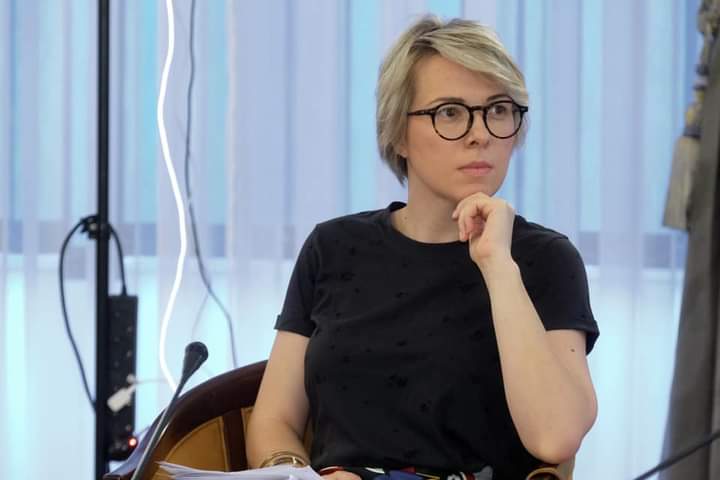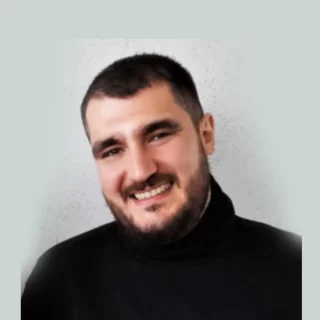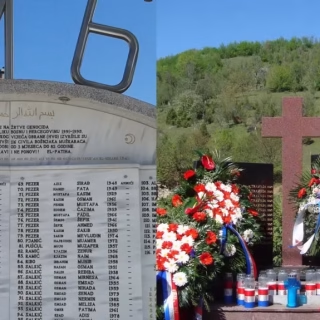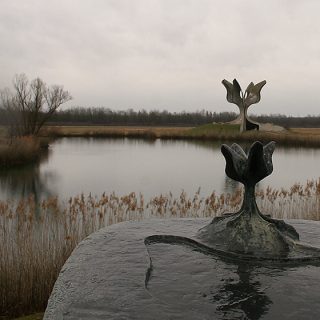The Croatian War of the 1990s, for Croatian political elites, is one of the historical periods often and gladly used to promote crude ethno-nationalism, exploit the suffering of victims, and ignore court-established facts.
One event that marked the 1990s and still holds an important place in state commemorations is Operation ‘Pocket ’93’, better known publicly as the military-police operation Medak Pocket.
The operation was carried out by the Croatian Army and Special Police units from September 9 to 17, 1993, in a territory that was then under the control of the forces of the Serbian Army of Krajina (SVK).
The military-political goal of the Medak Pocket operation was to reintegrate a part of the territory that was occupied by the Republic of Serbian Krajina at the time into the internationally recognized borders of the Republic of Croatia, to stop artillery attacks on Gospić, and to prevent the SVK from advancing and “splitting” Croatia by reaching the sea near Karlobag.
As later indictments by domestic courts, the International Criminal Tribunal for the Former Yugoslavia, and ultimately final verdicts would show, war crimes were committed during the operation against civilians and prisoners of war, including murders, torture in particularly cruel ways, destruction and burning of private and commercial properties, looting of property, contamination of wells, killing of livestock, and more.
Such descriptions of the crimes appeared in indictments against several high-ranking individuals: General Janko Bobetko, Chief of Staff of the Croatian Army and the first military advisor to President Franjo Tuđman, Brigadier Rahim Ademi, acting commander of the Operational Zone Gospić, and Colonel Mirko Norac, commander of the 9th Guards Brigade and Sector 1, a combat group established for the purpose of leading Operation ‘Pocket ’93’.
Mirko Norac, convicted by the Zagreb County Court in 2008 for war crimes against civilians and prisoners of war, awaited the verdict behind prison bars, serving time for war crimes committed against civilians in the Gospić area in 1991.
Since 2011, Norac has been free, having been released early after serving ten out of fifteen years, or two-thirds of the sentence.
In Croatian society today, at least for those at the highest levels of power, the first Croatian Army general convicted by Croatian courts is not persona non grata. In fact, Norac attended the official celebration of the 25th anniversary of Operation Medak Pocket in 2018, where he was warmly greeted by the Minister of Defense and Government representative, Damir Krstičević, who addressed the audience at the ceremony.
At this year’s anniversary, attended by delegations from the President of the Republic, the Government, and the Croatian Parliament, held just a few days ago, Mirko Norac was present again, this time as the leader of the 9th Guards Brigade “Wolves” Association and was “greeted with particularly loud applause,” as highlighted by the local portal Lika express in its report on the commemoration.
For years now, commemorations of Operation Medak Pocket have passed in a celebratory, proud, and patriotic tone, with the presence of representatives of the executive and legislative authorities, as well as the President of the country. The speeches given on September 9th in Gospić public spaces are filled with praise for the members of the army and police units, as well as their military and ideological leaders who devised, led, and carried out the Medak Pocket operation. The speakers extend their condolences exclusively to the families of fallen, wounded, and missing Croatian defenders, but there is no mourning for the residents of Počitelj, Divoselo, and Medak, villages where the locals, mostly elderly and women of Serbian ethnicity, were killed during the operation.
The only Croatian Minister of Veterans in the last twelve years who, in his address at the 2013 commemoration, acknowledged that war crimes were committed during the operation, stating that “there were violations of the laws and customs of war and the Geneva Conventions during this action, but the Republic of Croatia has shown greatness by prosecuting the perpetrators of these crimes in its courts,” was Predrag Fred Matić. Matić, who recently passed away, was also a detainee in three concentration camps in Serbia and a participant in the defense of Vukovar. He had the courage and political responsibility to ensure that the criminal aspect of the operation and its victims were not consigned to oblivion.
Today, there are no plaques commemorating those killed in the aforementioned villages in Lika. The memory of the people who once lived there is preserved in the memories of the families who mostly no longer live there, and a few civil society organizations, upon whose shoulders the entire process of building a culture of remembrance based on truth, not political myths, should not rest.
Why did members of the Croatian forces brutalize people, destroy everything in sight, and make every form of life in those places disappear, making the return of refugees practically impossible? This is no longer of interest to the judiciary, the courts, the political elites, or even the academic or journalistic mainstream.
Writing this article reminded me of a workshop held a few months ago at a northern European university, where a group of experts from academia and civil society tried to find new answers related to the culture and politics of memory. The question that started one presentation was: “Can something that was never remembered be forgotten at all?”
For now, the only answer we have from official Croatia is: “We cannot forget because we never even remember.”
__________________
* This statement, or rather response, was given by Janko Bobetko to Rahim Ademi on September 20, 1993, when Ademi requested an investigation into whether the army and Special Police units had burned and demolished houses during their retreat, as cited in the Zagreb County Court verdict (K-rz-1/06). An investigation was conducted, but without significant results.
𝐁𝐫𝐚𝐧𝐤𝐚 𝐕𝐢𝐞𝐫𝐝𝐚 is a lawyer engaged in the field of human rights and social activism, currently works as an independent researcher and educator in the field of transitional justice and memory politics. She is particularly interested in the legacy of the 1990s wars in the post-Yugoslav region, through interpretations of nationalism and minority rights. In 2023, she was awarded two peace prizes. She lives in Zagreb, born in Rijeka, and grew up in Dubrovnik.
Translated by Luna Đorđević




